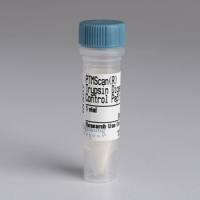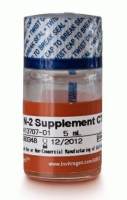Oncolytic Viral Therapy Using Reovirus
互联网
454
Current mainstays in cancer treatment such as chemotherapy, radiation therapy, hormonal manipulation, and even targeted therapies such as trastuzumab (Herceptin) for breast cancer or erlotinib (Tarceva) for non-small cell lung cancer are limited by lack of efficacy, cellular resistance, and toxicity. Dose escalation and combination therapies designed to overcome resistance and increase efficacy are limited by a narrow therapeutic index. Oncolytic viruses are one such group of new biological therapeutics that appears to have a wide spectrum of anticancer activity with minimal human toxicity.
Because the malignant phenotype of tumours is the culmination of multiple mutations that occur in several genes eventually leading to aberrant signalling pathways, oncolytic viruses, either natural or engineered, specifically target tumour cells, taking advantage of this cellular deviant signalling for their replication. Reovirus is one such naturally occurring double-stranded RNA (dsRNA) virus that exploits altered Ras signalling pathways in a myriad of cancers. The ability of reovirus to infect and lyse tumours both solid and haematological, under in vitro, in vivo, and ex vivo conditions, is discussed in this chapter. The major mechanism of reovirus oncolysis of cancer cells has been shown to occur through apoptosis. In addition, the synergistic anti-tumour effects of reovirus in combination with radiation or chemotherapy has also been demonstrated for reovirus-resistant and moderately sensitive tumours. In most of the clinical trials undertaken to date, an anti-reovirus immune response has been seen likely circumventing efficacy. Investigation into the use of reovirus as an immune adjuvant is currently underway to try and re-direct this immune response to the tumour. Reovirus phase I clinical trials have shown indications of efficacy and several phase I/II trials are ongoing at present. The extensive pre-clinical efficacy, replication competency, and low toxicity profile in humans has placed the reovirus as an attractive anti-cancer therapeutic for ongoing clinical testing.









